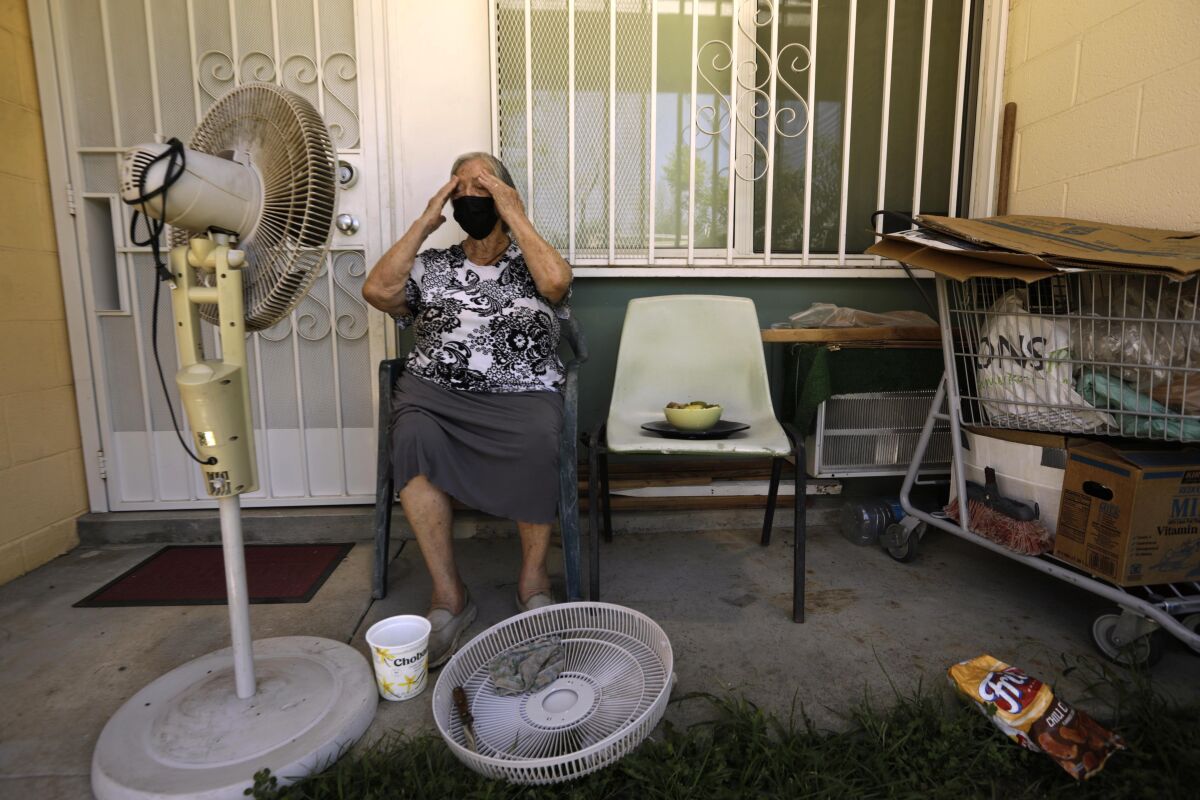The goal of keeping long-term global warming below 1.5 degrees Celsius (2.7 degrees Fahrenheit) remains elusive, climate experts say, as countries fail to meet other targets. curious despite the months of record temperatures on land and sea. June to prepare for this year's annual climate talks in November, the average temperature on the earth's surface exceeds 1.5 ° C at the industrial level before several days, as the EU supports the Copernicus Climate Change Service (C3S). . Although average temperatures have exceeded the 1.5C rise for some time, this is the first time they have done so in the Northern Hemisphere's summer season which begins on June 1. Ocean temperatures broke April and May records. "We're running out of time because change takes time," said Sarah Perkins-Kirkpatrick, a climate scientist at Australia's University of New South Wales. As weather officials from the two giant gas giants prepare to meet next month, record-breaking June temperatures in China's capital Beijing have hit the United States. Parts of North America are about 10C above average this month, and smoke from forests blankets Canada and the US East Coast in dangerous air, with carbon emissions estimated at a record 160 million metric tons.
In India, one of the regions most affected by the climate, it is believed that deaths have increased due to persistent high temperatures, and extreme temperatures have been recorded in Spain, Iran and Vietnam, raising fears that last year's deadly summer is not becoming the norm. . Countries have agreed in Paris in 2015 to try to keep the long-term average temperature rise below 1.5C, but there is now a 66% chance that the annual average will exceed 1 .5 C for at least one whole year by 2027. The Meteorological Organization predicts that May. Warming of the oceans lowered the temperature of the land, while El Niño events and other factors strengthened the temperature. Global sea surface temperatures reached 21ºC in late March and remained at high levels for the time of year through April and May. The Australian Bureau of Meteorology has warned that sea temperatures in the Pacific and Indian Oceans could be 3C warmer than normal in October. Thousands of dead fish have washed up on Texas beaches, and tropical algal blooms are being blamed for killing lions and dolphins in California. Warmer oceans can also mean less wind and rain, creating a vicious cycle that leads to even more heat, said Annalisa Bracco, a climate scientist at the Georgia Institute of Technology.

Global warming is the major factor, said Piers Forster, professor of climate physics at the University of Leeds, but El Nino, the decline in Saharan dust blowing over the ocean and the use of low-sulphur shipping fuels were also to blame. "So in all, oceans are being hit by a quadruple whammy," he said. "It's a sign of things to come." "The ocean is going to have a very slow response as it accumulates (heat) slowly but also keeps it for very long."

THE ROAD TO DUBAI Climate experts say the extent and frequency of extreme weather is increasing, and this year has also seen punishing droughts across the world, as well as a rare and deadly cyclone in Africa. The Worldwide Fund for Nature, however, warned of a "worrying lack of momentum" during climate talks in Bonn this month, with little progress made on key issues like fossil fuels and finance ahead of November's COP28 climate talks in Dubai. "It was very detached from what was going on outside of the building in Bonn - I was very disappointed by that," said Li Shuo, Greenpeace's senior climate adviser in Beijing. "We are really getting to the moment of truth ... I am hoping that the sheer reality will help us change people's moves and change the politics." Talks between the United States and China could resume next week with U.S. climate envoy John Kerry set to visit Beijing, though few expect it to add momentum to climate negotiations. "This is more a trust-building exercise," Li said. "I don't think either side will be able to push the other side to say much more than they are willing to do - the politics won't allow that."



